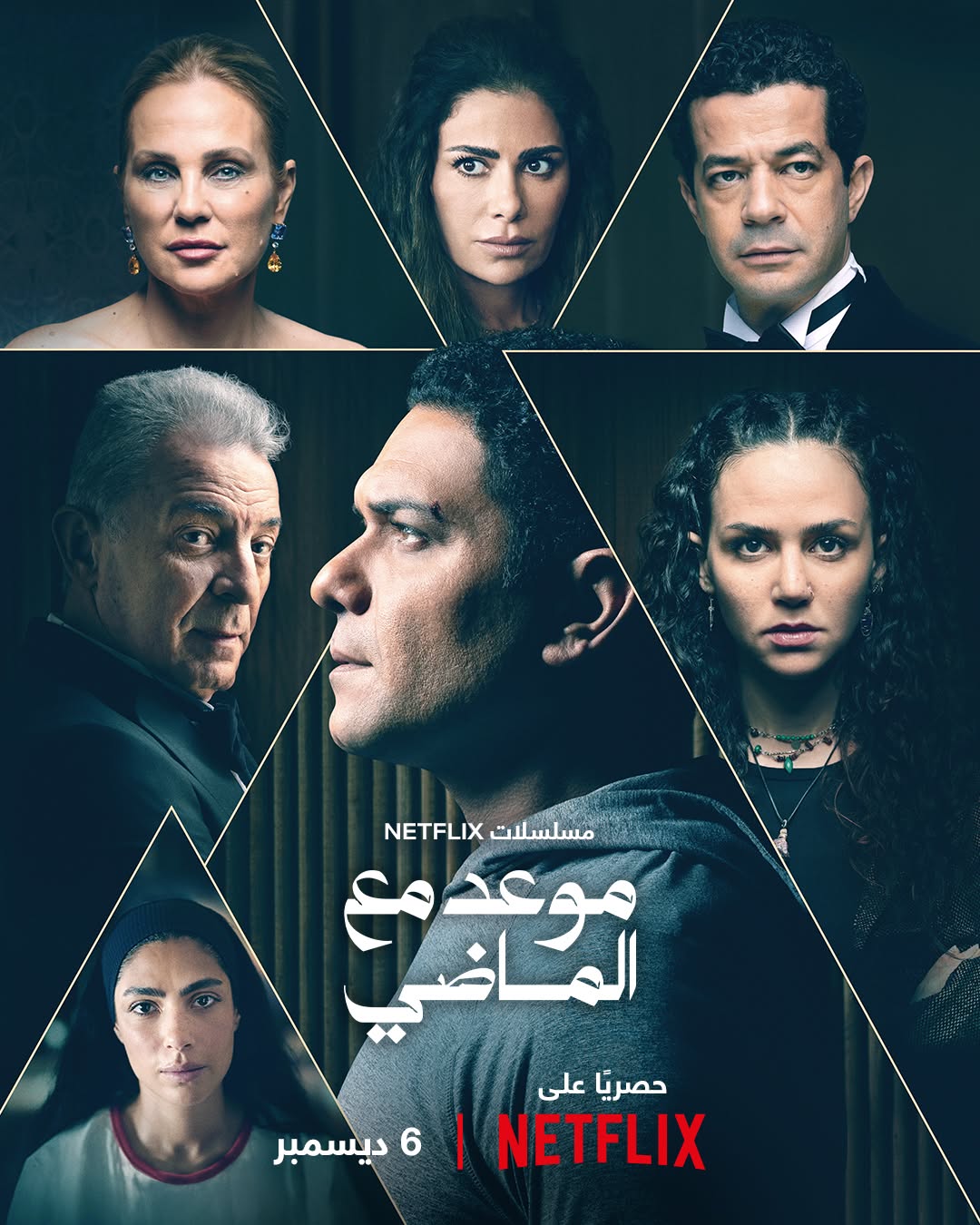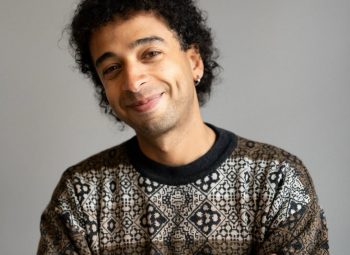In recent years, remakes of international series have gained significant momentum in Egyptian television, with Maw3ed Ma3 El Mady as one of the latest adaptations. While it takes inspiration from the Mexican thriller Who Killed Sara?, the Egyptian version is far from a carbon copy. Instead, it reinterprets the original story through a lens that resonates more deeply with Egyptian and Arab culture. From character development to thematic focus, here is an in-depth look at how these two series diverge and what makes Maw3ed Ma3 El Mady a unique creation.
Latin America vs. the Arab World
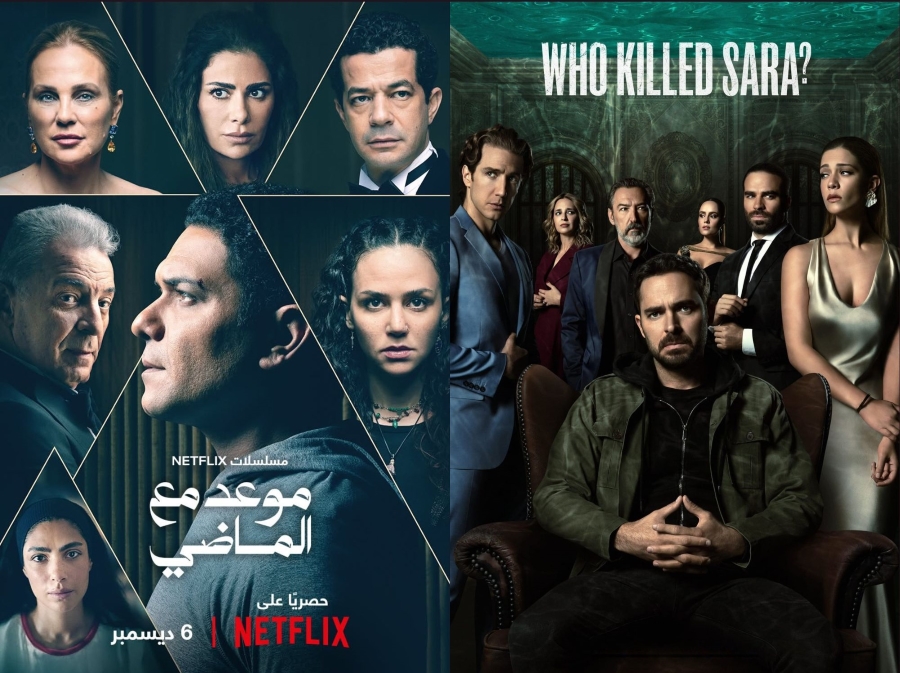
Who Killed Sara? unfolds in a world steeped in corruption and organised crime, themes that are a staple in Latin American storytelling. Wealth and influence dominate every interaction, painting a gritty and morally ambiguous backdrop where power determines the fates of its characters. At its core, the series explores how corruption erodes family relationships and drives individuals to destructive choices.

In contrast, Maw3ed Ma3 El Mady adapts these themes to fit a conservative and socially complex Egyptian setting. The focus shifts from organised crime to family conflicts, moral dilemmas, and societal divisions that are far more relatable to local viewers. By dialling back the presence of crime and corruption, the adaptation leans heavily into human drama and the emotional struggles individuals face in maintaining dignity and resolving personal conflicts.
Revenge vs. Redemption
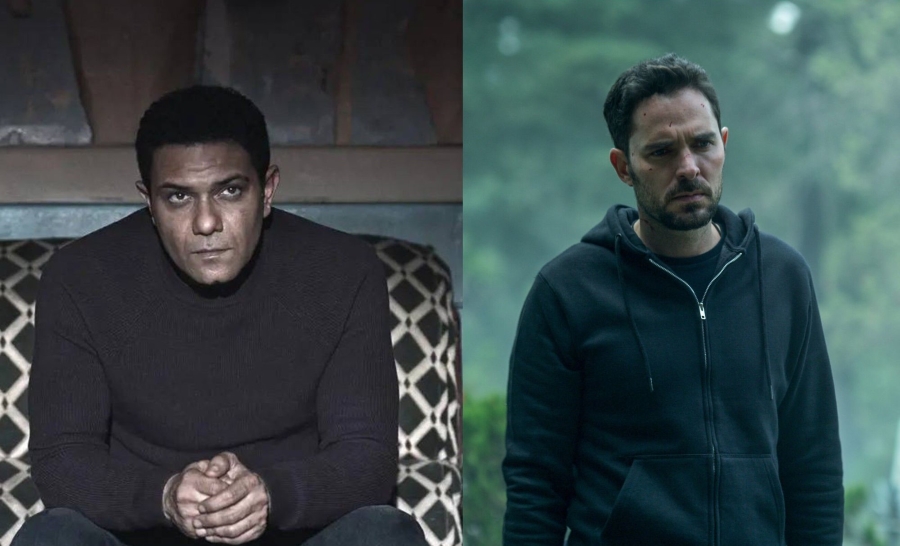
In the Mexican series, Alex is a broken man fueled by betrayal, anger, and an all-consuming thirst for revenge. His journey is defined by a desire to unearth the truth and seek justice, no matter the cost. Played by Asser Yassin, Yehia's character presents a more humanised version. His primary motivation is not revenge but rather clearing his name and restoring his dignity. Yehia's arc is less destructive and reflects the cultural values of forgiveness and personal redemption.
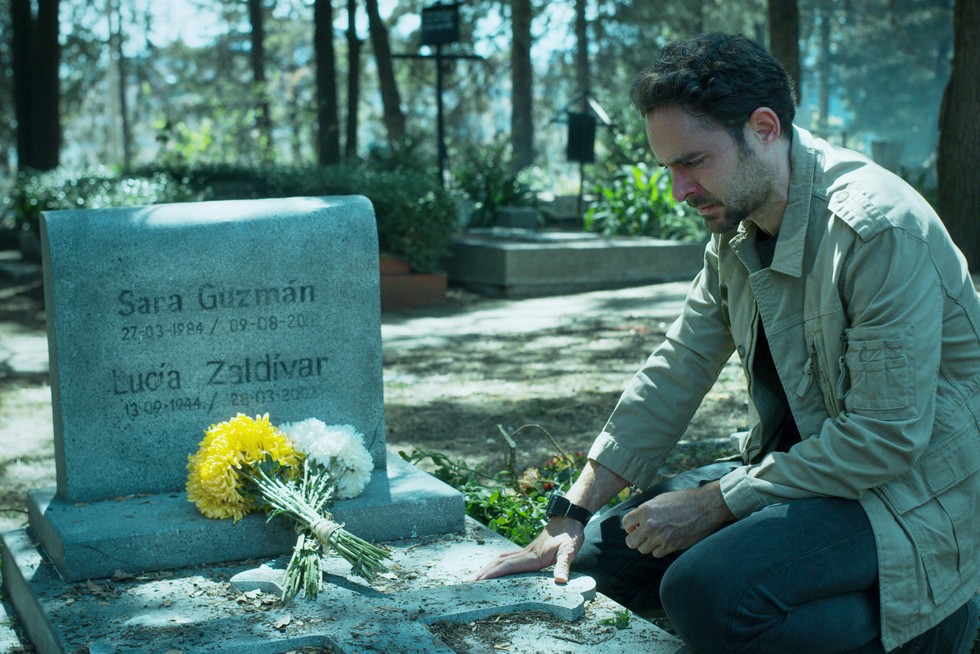
In Who Killed Sara?, the supporting characters are steeped in darkness and complexity, each harbouring secrets and suspicious motives. The character of Cesar serves as the embodiment of corruption and malevolence, driving the series' intense conflict. Meanwhile, Maw3ed Ma3 El Mady places greater emphasis on the female characters, presenting them as central to the story's emotional and familial dynamics. Instead of portraying independent arcs removed from the central family conflicts, the women are integral to exploring themes of sacrifice, loyalty, and resilience.
Complexity vs. Simplicity

The Mexican version is a thriller spanning three seasons, packed with shocking twists, conspiracies, and high-stakes subplots involving murder, drugs, and political corruption. Its narrative thrives on suspense, with each episode revealing secrets that escalate the tension. But the Egyptian adaptation streamlines the story into a single, tightly-written season of eight episodes. By condensing the plot, the pacing is more focused on the human and personal side of the story rather than overwhelming viewers with constant twists. The result is a more balanced narrative that prioritises emotional depth over shock value.

Also, with a massive production budget, Who Killed Sara? dazzles with its luxurious locations, visually captivating cinematography, and suspenseful atmosphere amplified through sharp lighting and an evocative score. These elements create a visual experience that heightens the tension and drama. In the Egyptian series, there's a more grounded approach, favouring simplicity in its production design. The focus shifts toward strong acting performances, sharp dialogue, and the quality of the script.
Corruption vs. Forgiveness
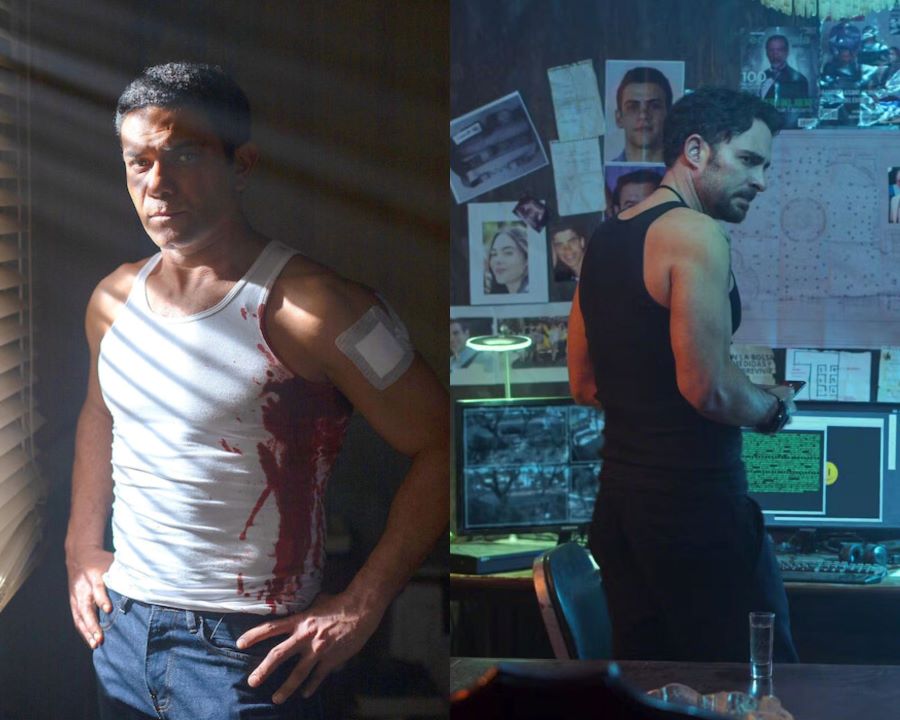
Thematically, the Mexican series offers sharp commentary on corruption, class inequality, and the devastating impact of unchecked power. The narrative grapples with justice and revenge, ultimately presenting a cynical view of society where individuals must fight alone to achieve justice. On the other hand, Maw3ed Ma3 El Mady delivers a more hopeful and culturally resonant message.

The series emphasises family relationships, societal struggles, and moral values such as forgiveness and redemption. While revenge serves as a motivator, the adaptation steers the narrative toward repairing broken bonds and finding peace rather than perpetuating cycles of vengeance.
A Tailored Experience

While Who Killed Sara? thrives on its intense thrills, shocking twists, and extravagant production, Maw3ed Ma3 El Mady distinguishes itself by focusing on human drama and cultural relevance. The Egyptian adaptation strips away the excesses of the original, offering a refined and relatable story tailored to the sensibilities of Arab audiences.
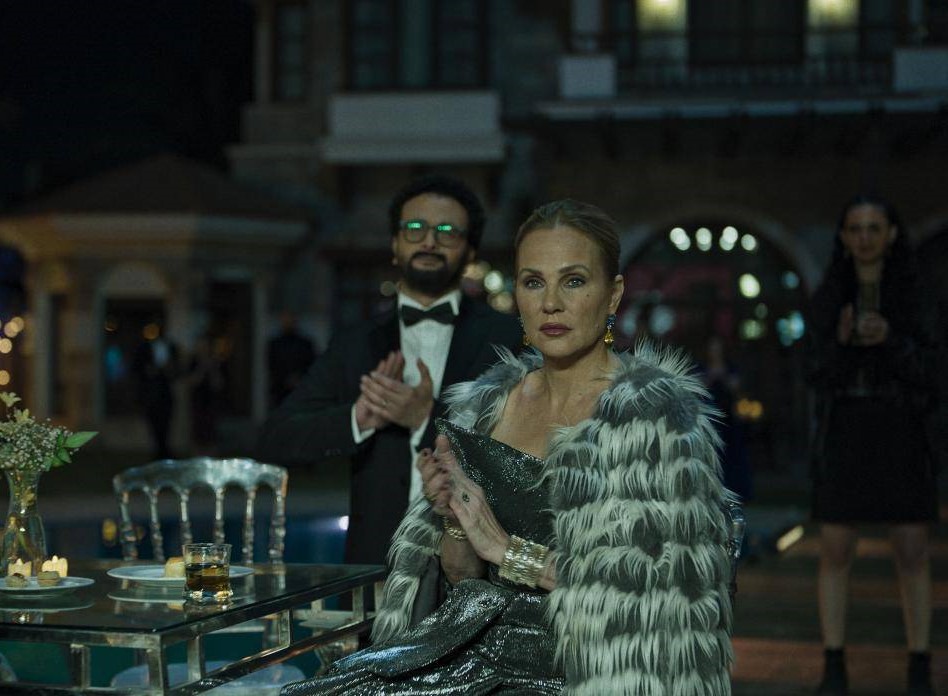
By reshaping the narrative to highlight redemption over revenge, the adaptation succeeds in creating a version that feels authentic, meaningful, and deeply connected to the region's social and cultural fabric. For many viewers, this makes the Arabic adaptation not only less cluttered but, arguably, even better than its predecessor, primarily because Who Killed Sara? ends on a note that leaves audiences in suspense, while Maw3ed Ma3 El Mady went for a clearer and more direct conclusion, aligning with the preferences of local audiences who favour resolution over uncertainty.

